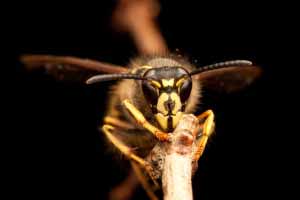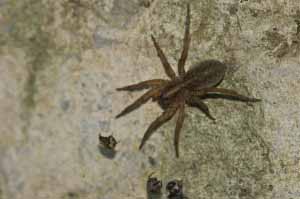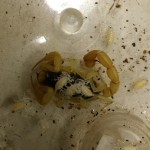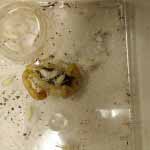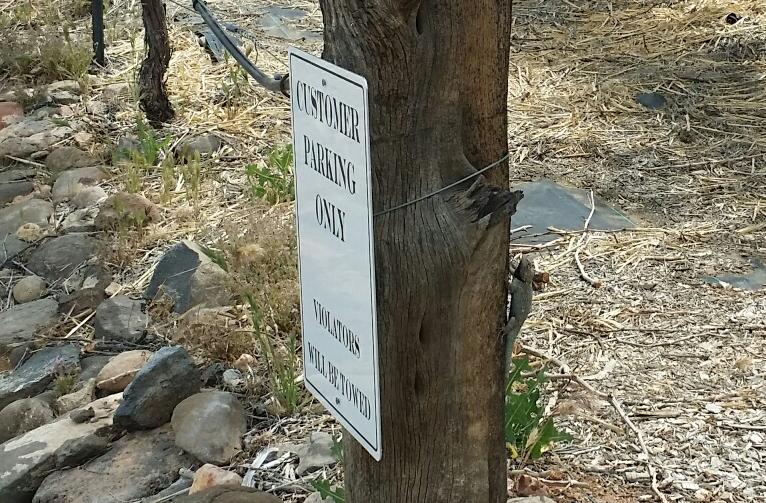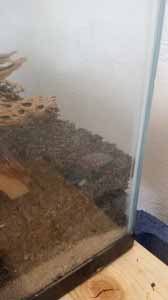Throughout history we humans have done some terrible stuff to each other, wars only to mention one. But did you know that compared to all the wars ever fought the bugs have killed more of us.
- Yes number one the list is Mosquitoes, they have killed lots of humans and animals. Malaria, Dengue Fever and Yellow Fever are among the biggest threats to us still to this day.
- Fleas probably rank as number 2 and may have contributed to killing 1/3 of the people in Europe during 1340’s known as Bubonic Plague, still with us today.
- My number 3 may not have killed as many as above but worldwide cause more damage to food, foodstuffs including grains and other type products. Rodents including mice and rats may spoil 1/3 of all grains worldwide and may directly lead to food shortages or starvation than any other insect or wildlife.
So yes I worry that as we progress as a society that we consider the wise use of pesticides. Integrated Pest Management (IPM) is very useful within the confines of general pest management but there are reasons why pesticide use must continue. This article “Kissing Bug disease prompts growing concern in U.S.” shows that the concerns are justified. Here is Arizona we deal with Bark Scorpions and there is no magic bullet to stop them. The only method is home sealing and proper use of pesticides, so until that day arrives where we can target this critter I see no alternative than to spray them before they make it into our homes.
Whether its honeybees, wasps, hornets or scorpions its the sting that will get you. I don’t think anyone of us enjoys accidentally getting stung by something but to many it just takes one sting and we go into anaphylactic shock. Until I read this article about the “Canadian Mayor dies after wasp attack” I didn’t or couldn’t remember that one sting might not kill you but the next might trigger that anaphylactic shock. That is why we must all be aware of our surroundings whether hiking, camping or just out for a stroll around your home.
Did you know honeybees have a stinger that is barbed, so one sting and they give up their life for the colony while wasps, hornets and scorpions can continue to sting. Paperwasps sometimes look like they are watching you as walk around or into the path where their nests is. I don’t think it is a death watch its just that they are protecting their nests. So be warned and stay clear if possible.
Sometimes you just have to wonder, OK I know some people (Nancy) don’t really care for spiders of any kind. “Firefighters: Man tries to kill spider, sets house on fire instead.”
Again I think the reporter missed the point on this one, did he get the spider? I think that is the important point here, what say you?
I ran across this story from back in February 2014 “8 Deadliest Insects in the World.” My guess was correct as I frequently mention it in many of my bug presentations. So what do you think are the top eight? Go ahead and take a good guess.
I asked this question just this last week at the Nature Camp, can you name the bugs that bite or sting here in Arizona?
- Honeybees
- Wasps
- Scorpions
- Mosquitoes
- Ticks
- Assassin Bugs
- Bed Bugs
- Some flies
One of the highlights of my day is spotting a lizard and hoping that they won’t have an upset stomach from eating any bugs I may hit with a little pesticide. They help me by keeping pests infestations down by making dinner of crickets and the like. We have some pretty big ones, not in comparison to Komoto Dragons of course but hey big is big – depending on who is saying what. I know some people don’t like lizards but I think they are helpful in keeping down insects that might make it into your homes. So please don’t harm them, they are trying to help.


